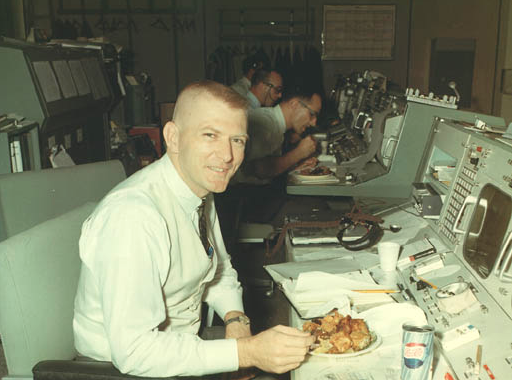Consistency is underrated. We like the huge paydays and the big public victories. But a life of consistent pay and private victories? Not so much.
But there’s a utility to humble consistency that contributes to big outward victories. As Olympic gold medalist in the marathon Frank Shorter puts it, consistency increases one’s margin of error. And the more consistent you are, the wider your margin of error. And the wider your margin of error, the more diminished the impact of those errors.
Missing a key workout or deadline has an outsized impact for the inconsistent. The consistent, though, know that tomorrow and the next will easily make up for the occasional setback.
Whether it’s fitness of finances, the same principle applies. Who is more impacted by a big, unexpected expense: those who have saved consistently or those who have saved inconsistently? To ask the question is to answer it.
An avid (albeit mediocre) runner myself, I used to get satisfaction only from the completion of a long run or a hard interval workout on the track. Something I could brag about. “These are the workouts” I told myself, “that separate me from the weekend warriors”.
I was wrong. What separates me from the weekend warriors isn’t the killer workouts, it’s getting in some kind of exercise six or seven days a week. For decades. Cheesy as it sounds, this is why I now tend to raise my arms in victory after completing even a 30-minute jog: I did something positive when it would have been easier not to.
Whether it’s exercise or smoking, consistency becomes self-reinforcing. A Navy SEAL doesn’t have to think about doing push-ups right out of bed any more than a smoker must think about having a cigarette: it’s automatic.
So stop thinking in terms of quantity or even quality. Instead, think of one or two things that would positively impact your life and pursue them with consistency.
Visit daviDDeeble.com or see my presentation Winning With A Bad Hand.










